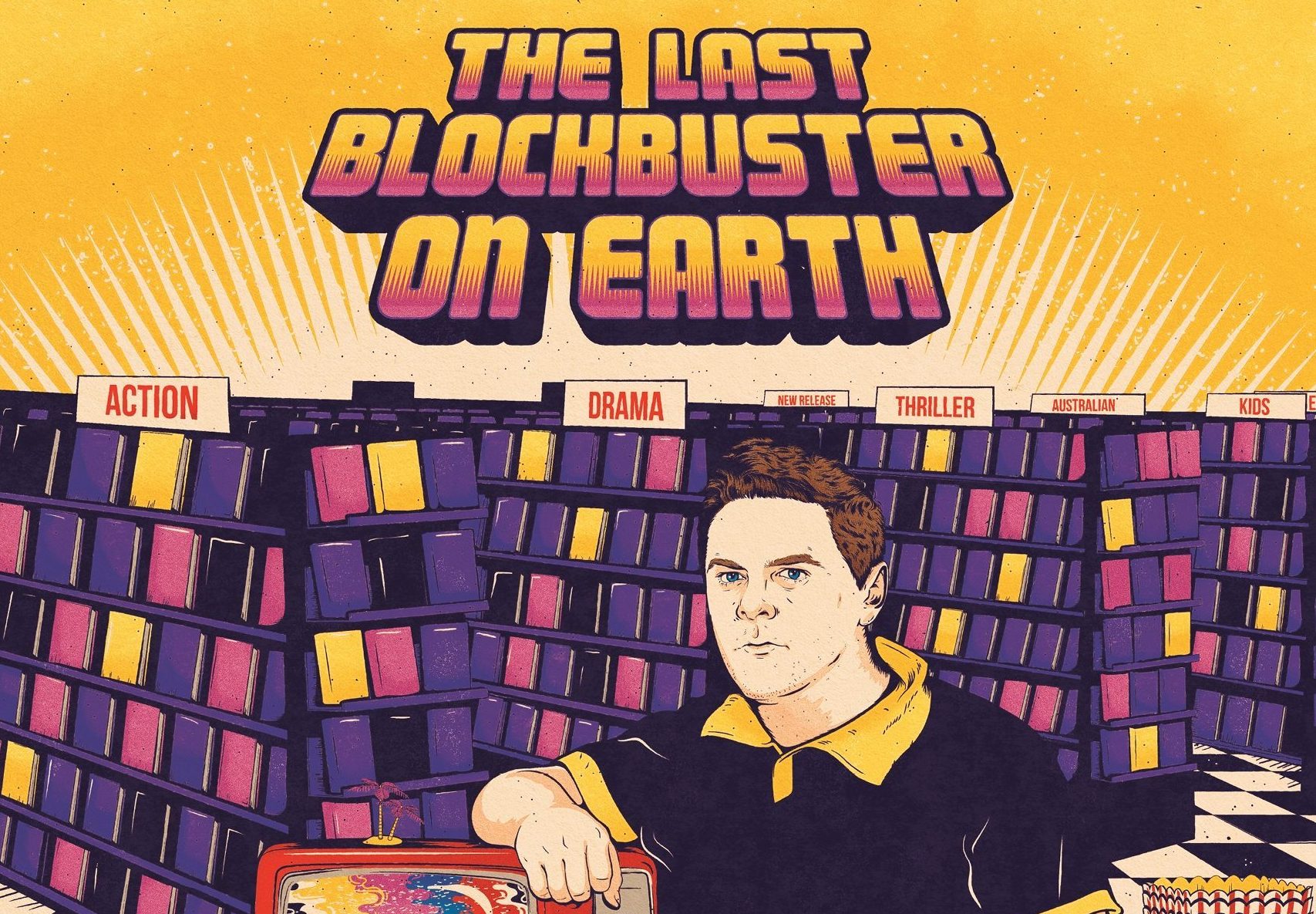Finance and Economics Editor, Charles Fedor, speaks to Scott Limbrick about his Fringe show The Last Blockbuster on Earth.
Charles Fedor: So, what is the process for writing a fringe show?
Scott Limbrick: My process starts with a few characters that I have tried out on sketch nights and character comedy nights. After doing a few of these events, I found I was using movie tropes and differing angles on those characters. Once I realised there was a trend, not just on the characters but their themes, I started to lean into those to build up a full show. Afterwards it was about trying to connect the characters and ordering them. I used a Blockbuster as a connecting thread because it is a sort of mythical place in which a lot of people have memories attached to it. In terms of characters themselves I tried to find different energies that they could play off.
CF: Why did you select an anthology structure for your show?
SL: I had gotten the impression that some of these characters were quite sad in one way or another. An anthology allows me to frame that and provide a common thread. I also liked The Twilight Zone and the air of mystery the presenter can provide. It was certainly interesting to try, and a bigger challenge to tie these characters together into a narrative.
CF: Were there any lessons you brought from your experiences at RMITV etc. that you put into this fringe show?
SL: A lot about honing sketch structure and how to get information out quickly at the top of a sketch show. RMIT was filmed live so it certainly helped to make me comfortable with performing ad lib and improvising on the fly.
CF: How can you get involved in producing a fringe show? How do you overcome hurdles?
SL: Obviously COVID-19 has meant a lot of artists have missed the community that the arts provide. I have had a few people assist me with the show online. Fringe shows are inherently collaborative. Sketch courses and stand-up also were great resources that I would certainly recommend. Going out to stand-up shows can also allow you to try new material. The biggest takeaway is to not get discouraged, be prepared to try multiple times, and audiences can be mixed batch. Try and get involved in the arts community through improvisation classes and events.
CF: How was the COVID-19 epidemic impacting the arts community?
SL: I was lucky that I had this show ready to go for the Melbourne Comedy Festival. There was a lot of uncertainty as people were learning more and more about the pandemic and the government response. Another impact is that my show last night was the first time I had been in front of a live audience and doing a solo performance in almost a year. I would usually be doing three nights a week to keep generating ideas and receive feedback. The feedback process is crucial and explains why a lot of people went over to Twitch or Tik Tok to experiment with the audience. I found that it generally doesn’t work to convert physical shows into digital formats. The use of cutting and editing are more variables on quality that can also unintentionally change the tone of the show.
CF: Had you tested out the characters before Perth Fringe?
SL: I had tried out the characters all separately during my process last year but not the show in its complete form.
CF: As the author, what was the overriding message you wished to convey in your show?
SL: The core message came about naturally from the development of a number of characters. For me, it was masculinity and remaining open. Finding ways to connect with other people rather than dealing with your neuroses alone. The ones who continue with their own obsessions end up alone and become tragic figures in their own right.
CF: Were you intending to show that movies can be a rehabilitating force?
SL: Yeah, I would certainly say so. Most genres try and elicit empathy from the audience through a variety of different tropes. In addition, channelling your energy into film can allow you to distract from your own inner turmoil. Though it is a bit of a double-edged sword as movie-watching can take over your life more than is healthy.
CF: Do you start with the core message or does it grow automatically?
SL: It varies depending on the project, however, in this case it grew out of the development of my characters.
CF: Masculinity as a key theme, did that come from any personal experience?
SL: Came out of the writing process but definitely a product of where I live and work. Australia can be a masculine society that is exclusionary, particularly if you don’t fit that older version of masculinity. It can have negative traits such as teaching people to suppress emotions or deny themselves things because it isn’t what you are “supposed” to do.
CL: What are your plans post-Fringe?
SL: I will be heading back to Melbourne after the show wraps up. I will be fine-tuning the show a bit based on the feedback from reviews and the audience. Hopefully after this process I will use this show for the Melbourne Comedy Festival. In addition, I am also working on a short story, as I have had a bit of success publishing-wise. Unfortunately, I still need to finish it.
Words by Charles Fedor

